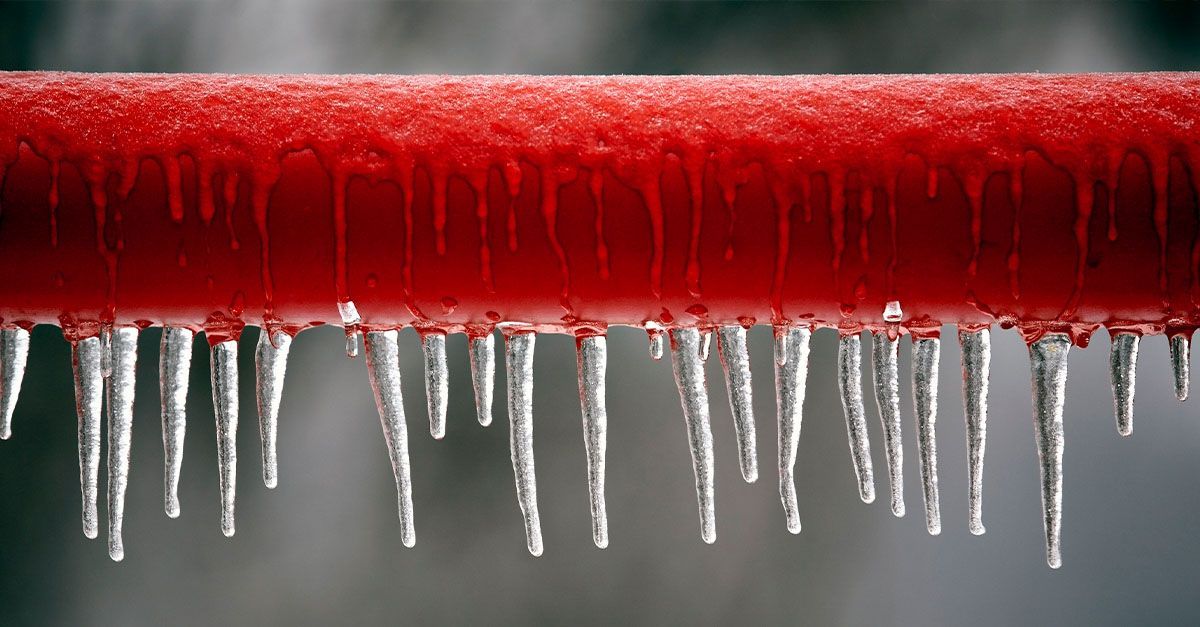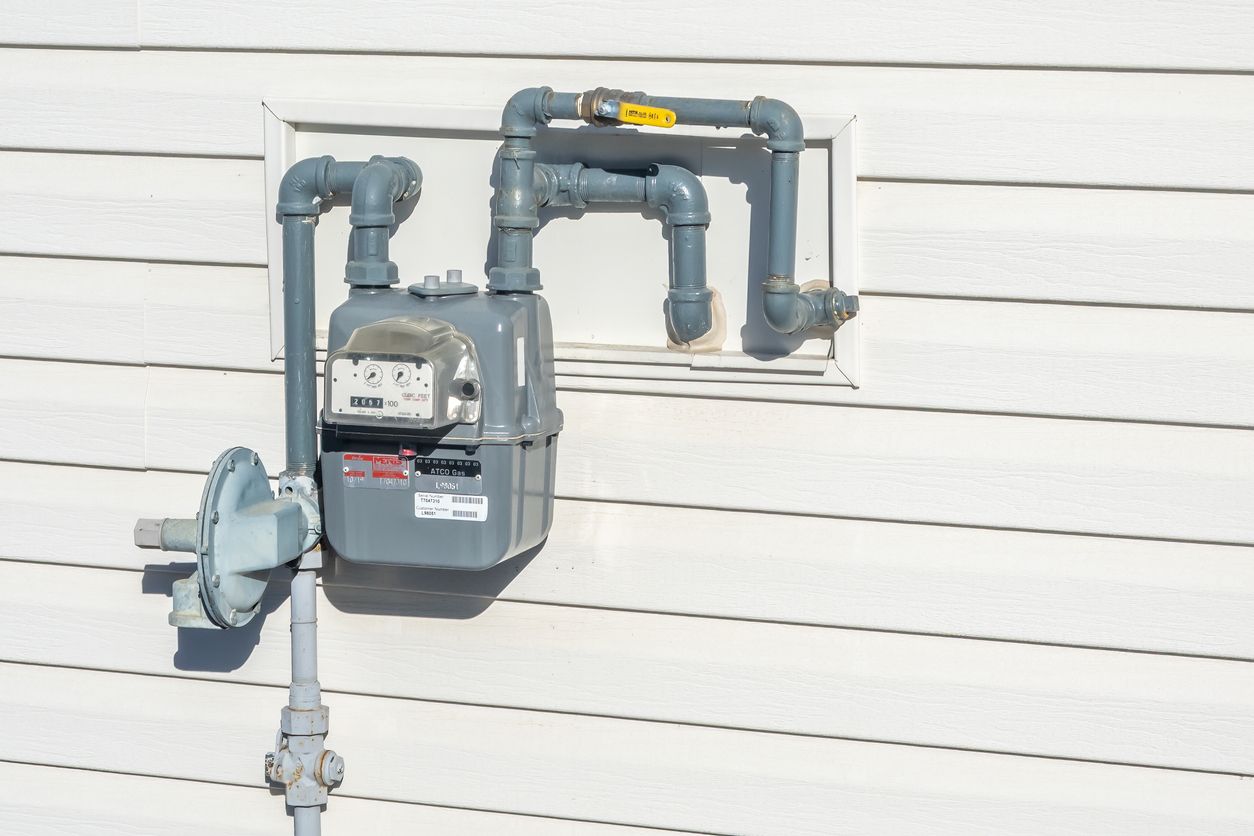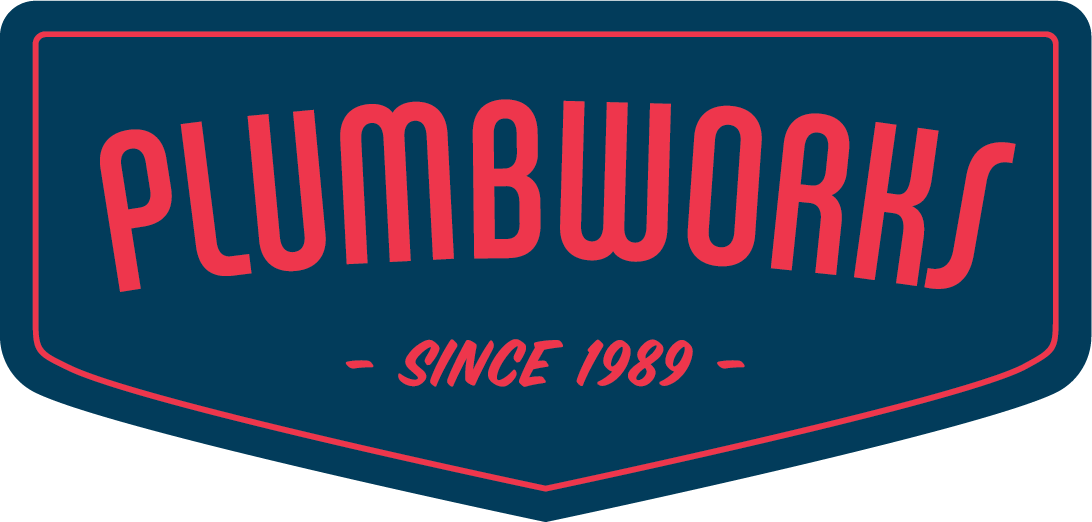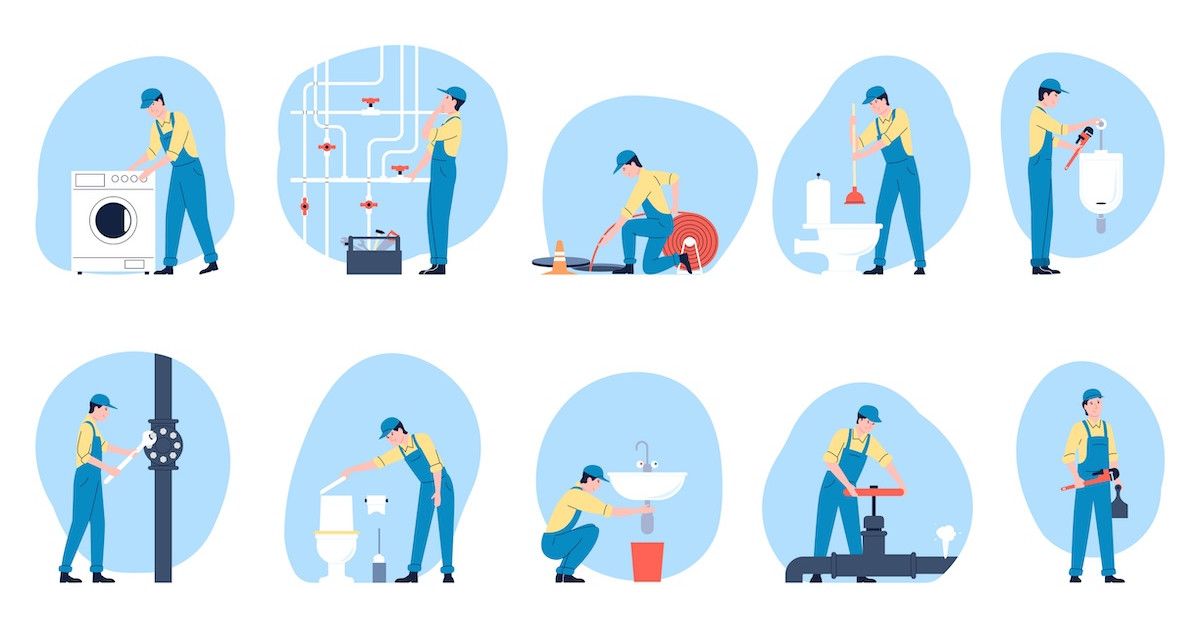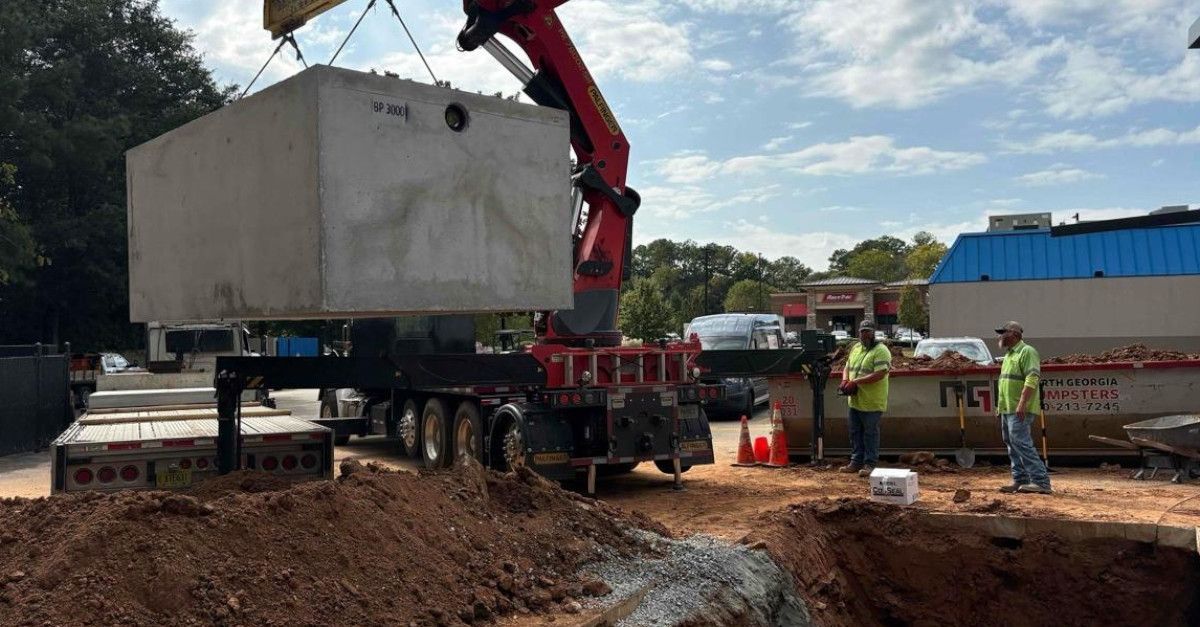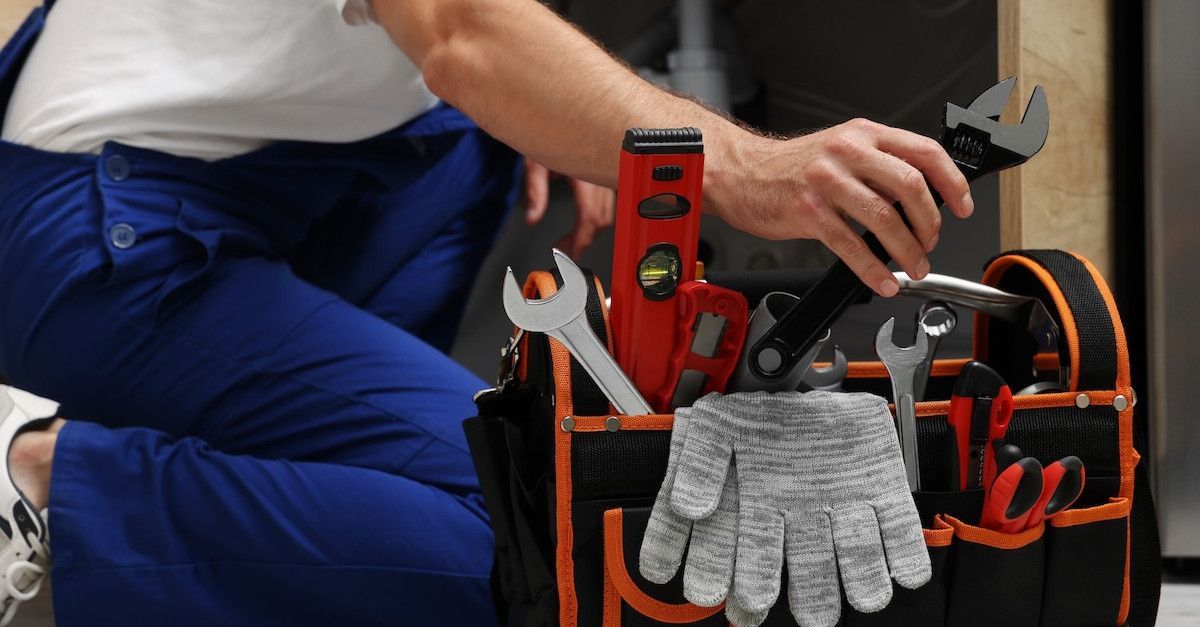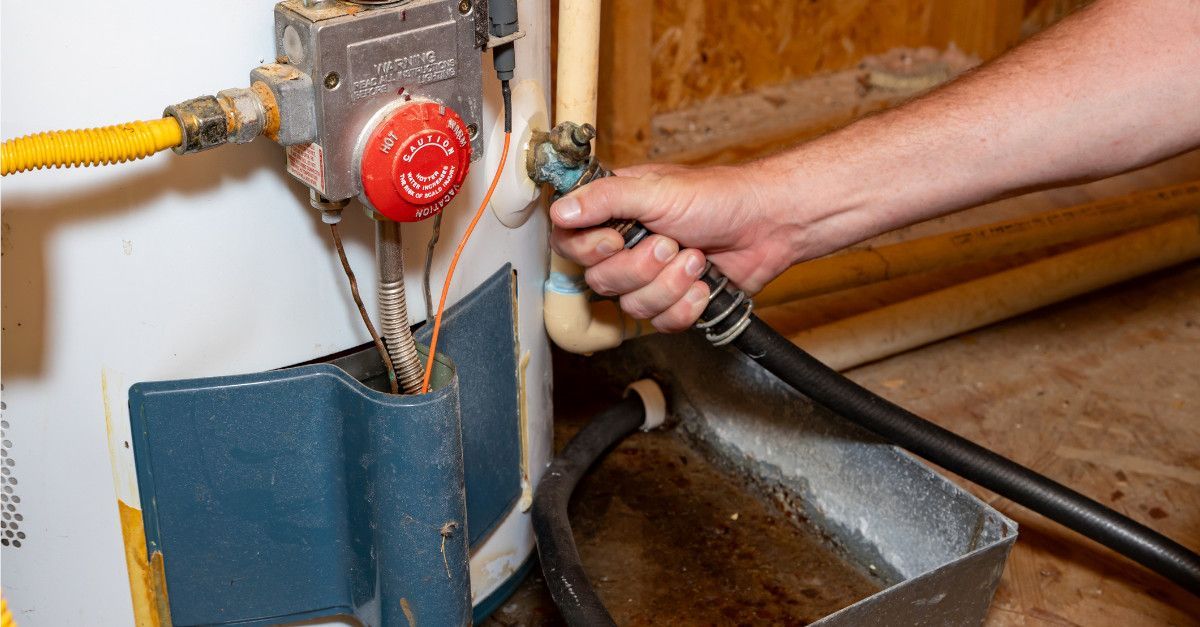Why Your Business Needs Commercial Backflow Testing
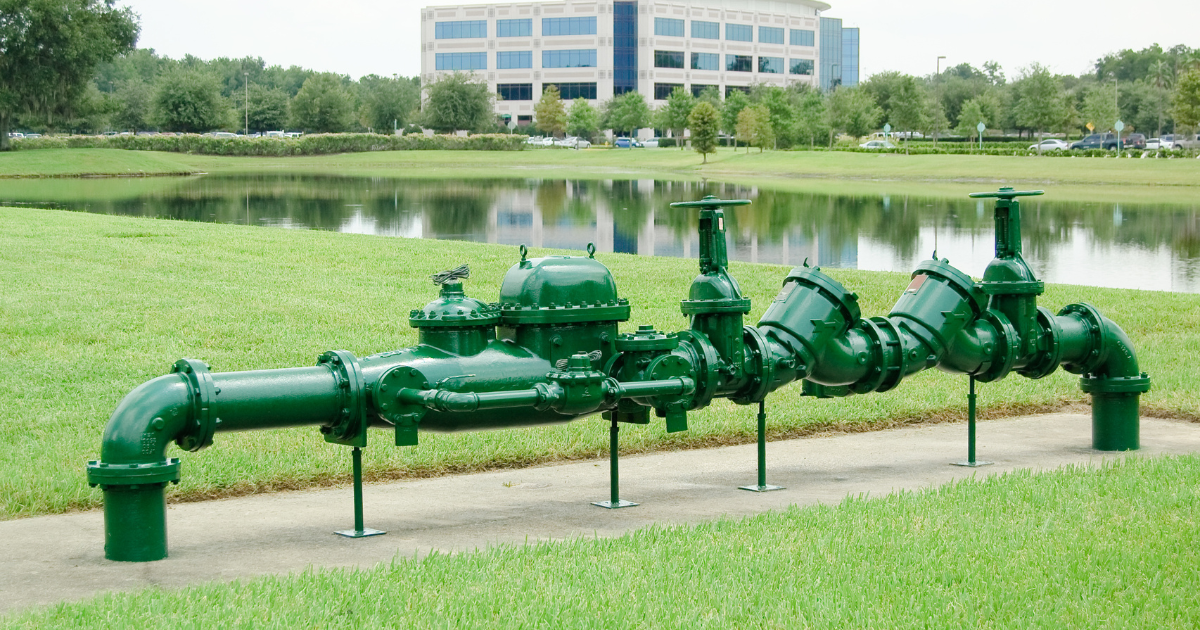
In commercial property management there's an often overlooked aspect that tends to escape attention until it becomes a full-blown disaster – backflow. For businesses that heavily depend on a consistent water supply, safeguarding the integrity of their water systems becomes an absolute priority. This is where commercial backflow testing steps in as a crucial line of defense against potential health risks and regulatory breaches. In this blog post, we'll explore the ins and outs of commercial backflow testing, highlighting why it's indispensable for your business, and providing insights on how to seamlessly implement it into your commercial property management.
What is Commercial Backflow Testing?
Commercial backflow testing is a thorough check to confirm that the backflow prevention devices in a commercial water system are working correctly. These devices, such as backflow preventer valves, are specifically designed to prevent contaminated water from entering the clean water supply. During the testing process, the functionality of these devices is assessed to ensure they can effectively stop backflow.
What is Backflow?
Backflow happens when water unexpectedly flows in the wrong direction, posing a risk of contaminating the clean water supply. In complex commercial setups where water systems are interconnected, factors like changes in water pressure or unforeseen events can lead to backflow. To address this concern, commercial establishments use backflow testing.
Why Your Business Needs Commercial Backflow Testing
Here are couple reasons why businesses need backflow testing:
It Protects Public Health
Backflow poses a severe threat to public health by introducing contaminants into the potable water supply. Contaminated water can carry harmful bacteria, chemicals, and other pollutants that, when consumed, can lead to serious health issues. By investing in commercial backflow testing, businesses play a crucial role in safeguarding the health and well-being of their employees, customers, and the community at large.
Regulatory Compliance
Many local and national regulations mandate the installation of backflow prevention devices in commercial properties. Regular testing is often a legal requirement to ensure compliance with these regulations. By conducting regular commercial backflow testing, businesses demonstrate their commitment to adhering to regulatory standards and maintaining a safe environment.
Preventing Costly Repairs
Backflow incidents can lead to extensive damage to the water infrastructure within a commercial property. Repairing or replacing damaged pipes, valves, and other components can be a costly affair. Regular commercial backflow testing helps identify potential issues before they escalate, allowing businesses to address problems promptly and avoid expensive repairs.
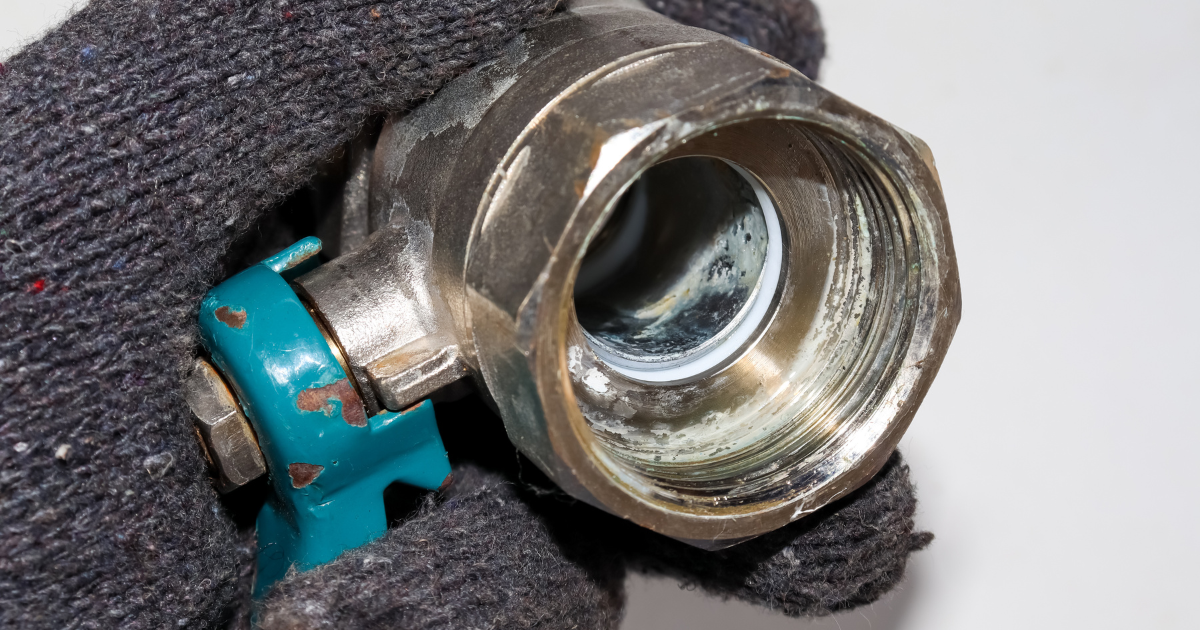
How to Implement Commercial Backflow Testing Effectively
Establish a Testing Schedule
Businesses should create a routine schedule for commercial backflow testing. The frequency of testing may vary based on local regulations, the type of business, and the specific risks associated with the water supply. Typically backflow devices should be inspected once a year, and commercial properties are sent notice by the county. Implementing a regular testing schedule ensures that potential backflow issues are identified and addressed in a timely manner.
Invest in Quality Backflow Prevention Devices
The effectiveness of commercial backflow testing hinges on the quality of the backflow prevention devices installed in the water system. Invest in reputable and certified devices like backflow valves, and regularly inspect and maintain them to ensure optimal performance.
Maintain Detailed Records
Keep comprehensive records of all commercial backflow testing activities. Documentation should include testing dates, results, any repairs or adjustments made, and the credentials of the professionals conducting the tests. These records serve as essential documentation for regulatory compliance and can be valuable in the event of an audit.
Hire Certified Backflow Professionals
Commercial backflow testing should be conducted by qualified and certified professionals, like the commercial plumbers at Plumb Works. Our experts have the knowledge and experience to assess the backflow prevention devices accurately.
Schedule Backflow Testing and Other Commercial Plumbing Services With Plumb Works
Commercial backflow testing is not just a regulatory obligation but a fundamental responsibility for businesses relying on water systems. By understanding the what, why, and how of commercial backflow testing, businesses can actively contribute to public health, regulatory compliance, and the overall well-being of surrounding communities.
If you are a commercial property owner searching for “backflow testing near me”, Plumb Works has you covered! At Plumb Works, our employees are properly licensed, certified, and insured to perform backflow testing. Call
404-524-1825 to schedule a backflow testing service.
